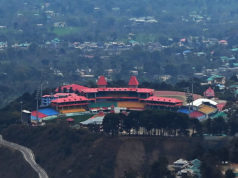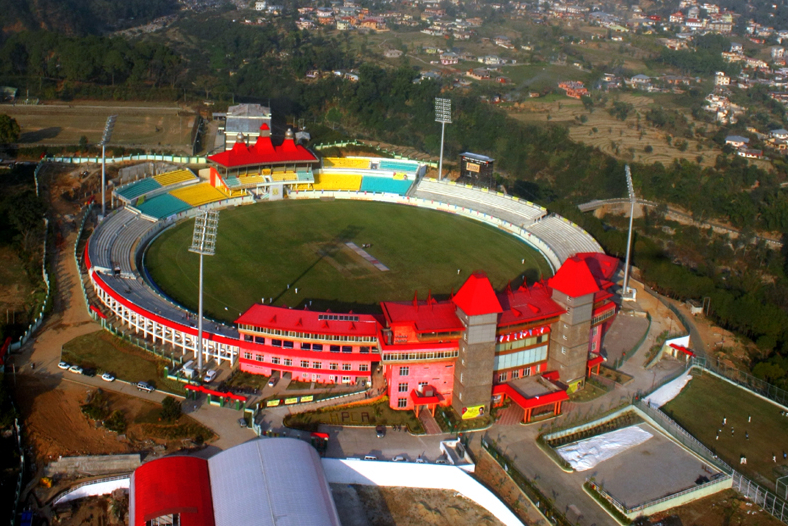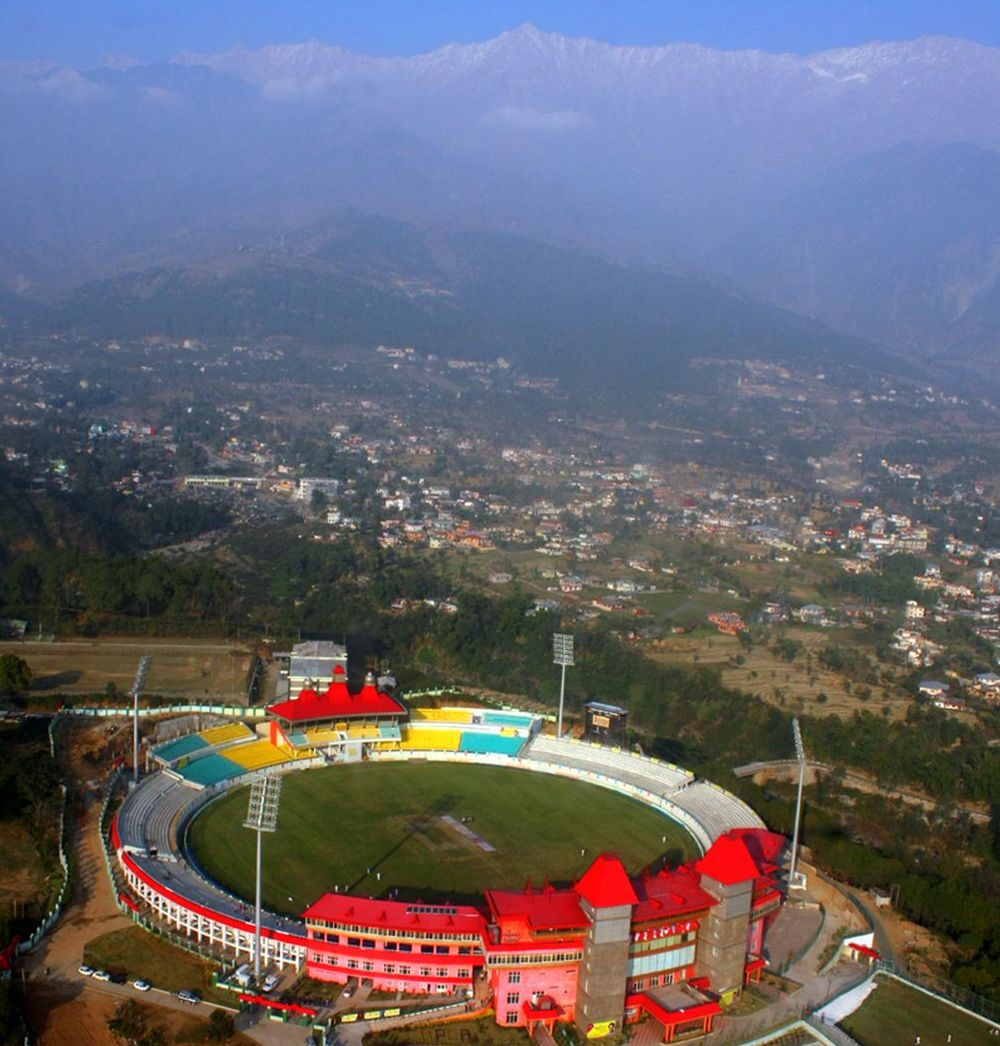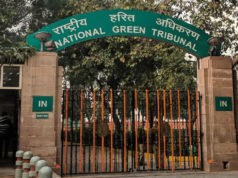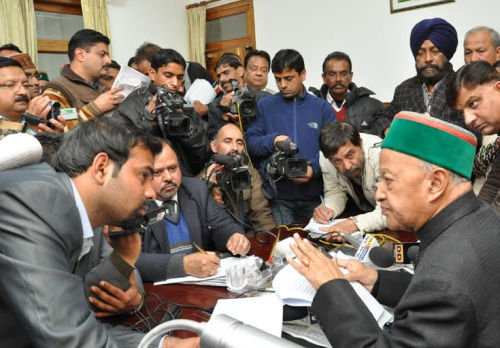In a significant environmental development, the National Green Tribunal (NGT) has cast its spotlight on the world of cricket, raising concerns about the excessive use of groundwater in sports facilities across India.
The NGT’s action comes as part of a larger inquiry into unauthorized groundwater use, with the HPCA Stadium in Dharamshala and 19 other cricket stadiums nationwide facing allegations of depleting this vital natural resource. A bench comprising tribunal chairman Justice Prakash Srivastava, Justice Sudhir Aggarwal, and expert member Dr. A Senthil Vel issued a stern notice to the Central Ground Water Authority, demanding an immediate report on the actions taken against these errant stadiums.
At the heart of the NGT’s investigation lies the critical question of penalties and environmental compensation for stadiums found in breach of groundwater regulations. A comprehensive review of the Jal Shakti Ministry’s report revealed that a staggering 24 out of 26 cricket stadiums, including the HPCA Stadium, had resorted to borewells or tube wells to meet their water requirements.
Of particular concern is the fact that 20 of these stadiums did not possess the requisite No Objection Certificate (NOC) for their groundwater usage. This glaring violation of environmental norms raises serious questions about the responsible management of this precious natural resource.
In stark contrast, only four stadiums across the nation have demonstrated full compliance with the established rules. These exemplary facilities have implemented robust rainwater harvesting systems, sewage treatment plants (STP), and have obtained valid no-objection certificates from the central government for their groundwater usage.
The petitioner, Haider Ali, who initiated this legal action, has alleged that these stadiums have excessively relied on groundwater to maintain their cricket grounds, showing little regard for eco-friendly alternatives such as utilizing treated water from sewage treatment plants and efficient rainwater harvesting systems.
The overarching concern remains the potential depletion of groundwater resources, which are a vital source of potable water for communities. The usage of groundwater for non-essential purposes like maintaining sports facilities not only raises environmental red flags but also threatens access to safe drinking water for the public.
The NGT’s notice serves as a stern reminder of the urgent need for responsible water management and adherence to environmental regulations, particularly in sectors that significantly impact our natural resources. As this legal battle unfolds, stakeholders in the sporting world, environmentalists, and concerned citizens will be watching closely, hoping for a resolution that prioritizes sustainable practices and the well-being of the community.


